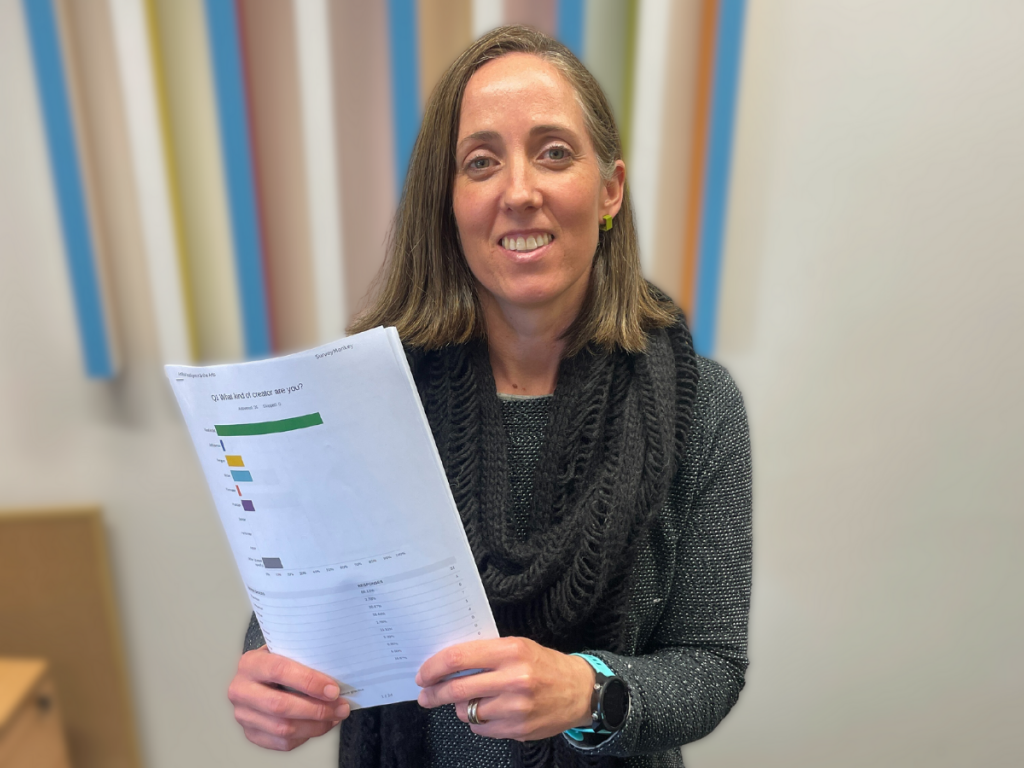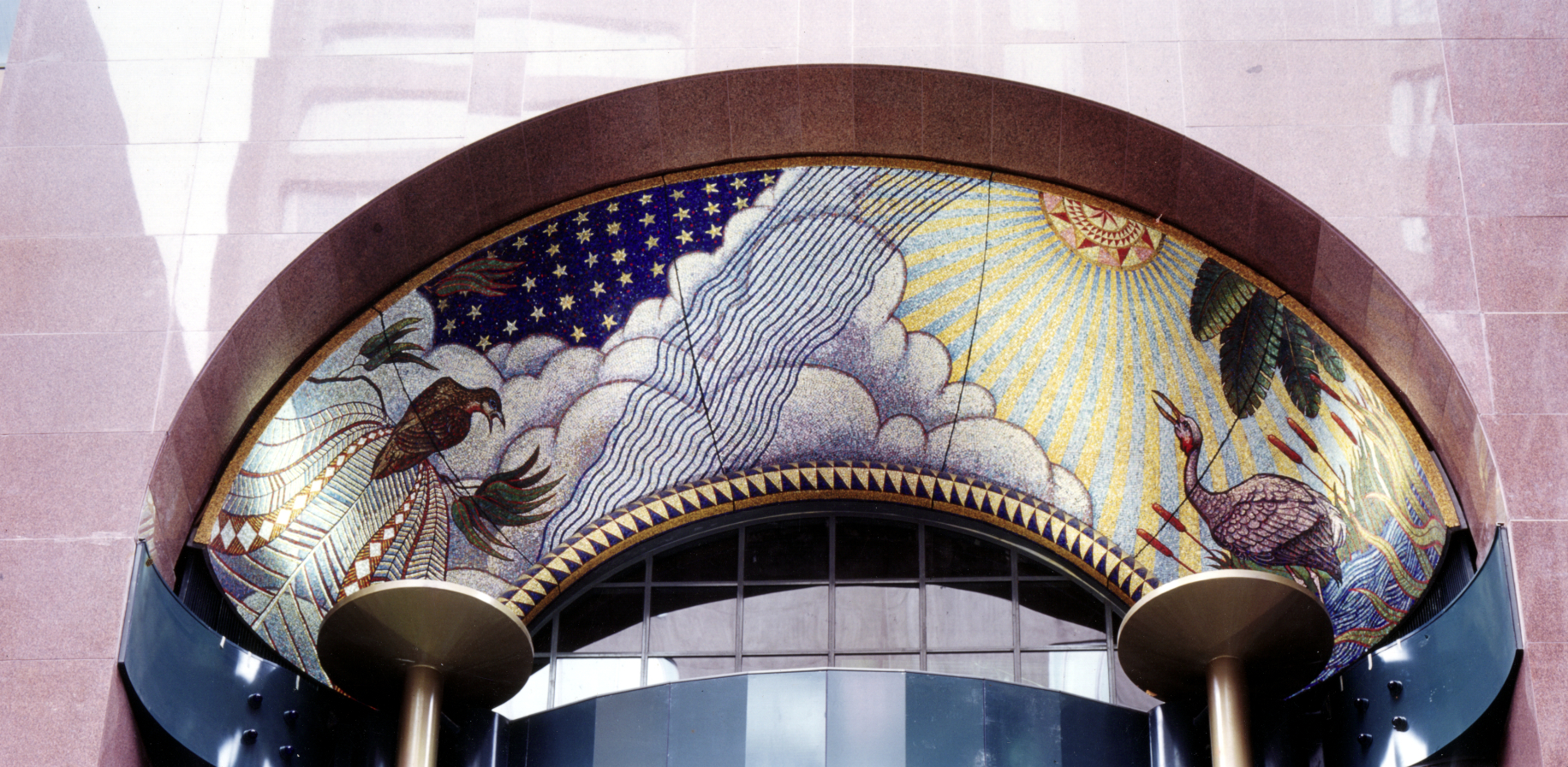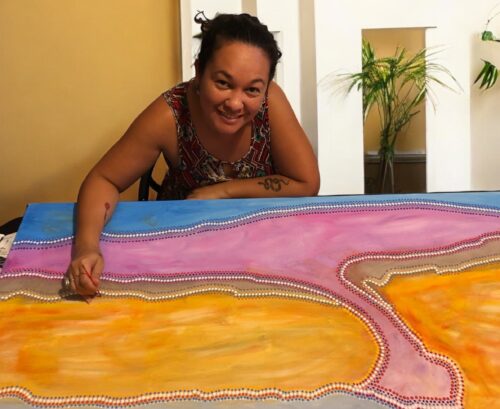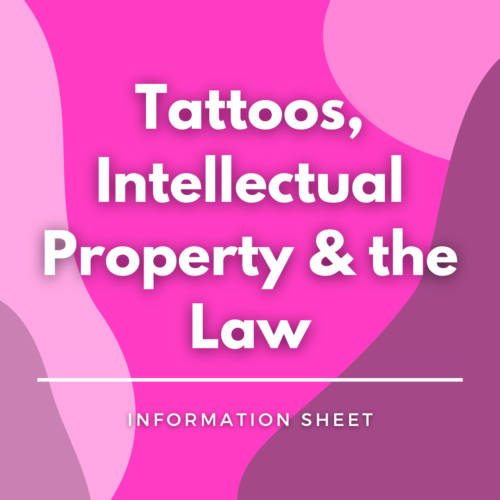Answering the AI Question: Arts Law Survey Review

During July 2023, Arts Law and the National Association for the Visual Arts (with the support of the Australian Society of Authors), conducted a survey to understand how creators are using generative AI and the potential impacts on Australian creators. There were 36 responses in total. The survey results demonstrate that almost 40% of the respondent creators are using AI tools as part of the creative process, however there is overwhelming concern about the threat generative AI poses to creative output, ownership of copyright material and employment prospects for creators.
Responses were received from visual artists (86%) and also from writers, designers, filmmakers, musicians, craftspersons, experimental artists, digital/protection artists, transdisciplinary and participatory practice artists and a curator.
47% of the respondents do not use generative AI in the creative process. However, of those creators who do use generative AI it is usually for assistance with written works such as editing and grant writing via ChatGPT, or for the purpose of experimentation and creative content and ideation processes. Creators are using a mix of ChatGPT, Midjourney, WriteSonic, Grain, Searchie, Wombo image generator, Photoshop, Dalle and Boomy. Around 86% of respondents confirmed that if they use generative AI in the creative process, only about 10% of the final work comes from generative AI use.
While some creators are embracing AI for certain purposes, 41% think that generative AI will have a negative impact on their creative process and 26% think it will have a positive impact. The rest of either not sure or think it will not impact the creative process at all.
Anonymised Survey Responses
‘Prior to AI my creative work has been used without my permission. So really not much difference if AI can access and replicate my work. It is a problem, but I don’t have the resources to be able to police this.’
Anonymised Survey Response
When creators discovered their work was used by a generative AI platform without their permission, 50% sent a take-down notice, 25% directly reached out to the AI platform, 25% used alternative dispute resolution, 25% spoke to a lawyer for legal advice and one respondent used haveibeentrained.com to opt out of the LAION-5B project. For those respondents who reached out directly to the AI platform, they did not receive a response from the platform.
61% of respondents said that they do not think the current legal system that applies to copyright infringement is helpful when artists are dealing with generative AI infringement, and only 3% said that they did think it was helpful. The rest of the respondents are not sure, or noted that AI is using/sampling all of our input on a global basis and the current system is no way prepared for the change or companies just ignore copyright protections.
Generative AI can be trained on pre-existing creative works, and its outputs are derivative of the works it has ingested (or may even reproduce a substantial part of the original creative works). AI companies have done this without permission. 75% of respondents agreed that creators should be compensated for the use of their creative works in training generative AI. One respondent stated:
‘They should be highly compensated and the AI should be fined as well to discourage training without permission.’
Anonymised Survey Response
In contrast one respondent commented:
‘AI outputs using other artists work rarely is a whole direct copy of their work. Artists have been using other artists work as inspiration for their own work and as part of their creative processes for many years. As long as there is transparency around how the work was generated I don’t see the need for artists to be compensated for something that may have only been a small portion or influence coming from their work.’
Anonymised Survey Response
On this issue of transparency and the moral right of attribution, 67% of respondents agreed that the creator’s moral rights should be respected and they should get a credit for use of the creative works in training generative AI, 64% said generative AI should not be trained on copyright material without permission, and 92% agreed that generative AI platforms should be required to be more transparent about how the platform has been trained or where it is pulling creative work from (8% were not sure).
Reform of the Copyright Act 1968 is currently being considered by the Federal Government. We asked creators whether they think the benefits of generative AI to their creative practice warrant creating an exception to copyright infringement that would allow generative AI to be trained on copyright material without permission. 64% said no, 14% said yes, and 22% said not sure/other.
Arts Law is contributing to law reform and policy discussions considering the responsible use of AI, and the impact of AI on creators and copyright reform. We understand that some creators are using AI as part of their creative process, however they are also concerned about the impact of AI on the work the have created, copyright ownership of this material, and the negative impact on work in the cultural and creative sectors.
We would like to thank all of the creators who took the time to complete our survey. Arts Law is currently preparing submissions to the Department of Industry, Science and Resources in response to the Discussion Paper ‘Safe and Responsible Use of AI’ and will provide further submissions on the issue of copyright reform and the impact of AI to the Attorney General’s Ministerial Copyright Roundtable in late August 2023.
If you would like to provide any further feedback please contact Arts Law at [email protected]. For further information please see the Arts Law information sheet ‘Artificial Intelligence (AI) and Copyright’ at https://www.artslaw.com.au/information-sheet/artificial-intelligence-ai-and-copyright/




